Eva Besnyö - Gifted Gallery
- Lilium

- Jul 30, 2025
- 2 min read

Éva Besnyő, born 29 April 1910, was a Dutch-Hungarian photographer who participated in the Nieuwe Fotografie (New Photography) movement.
Born in Budapest, Besnyö was brought up in an upper class Jewish home. In 1928, she started to study photography at József Pécsi's studio where she also served an apprenticeship. In 1930, at the age of 20, she moved to Berlin where she first worked for advertising photographer René Ahrlé before working on photoreportages with the press photographer Peter Weller.
She became part of a social and political circle of intellectuals which included György Kepes, Joris Ivens, László Moholy-Nagy, Otto Umbehr and Robert Capa.
In 1931, she opened her own studio where she was successful in receiving agency work. Her well-known photograph of the Romani boy with a cello on his back stems from that period. Threatened by the onset of National Socialism in 1932, she moved to Amsterdam with her Dutch friend and fellow photographer John Fernhout whom she later married.
With the assistance of her mother in law and artist Charley Toorop, she participated in exhibitions which led to commissions in press photography, portraits, fashion and architecture. Besnyö was a member of Nederlandsche Vereeniging voor Ambachts- en Nijverheidskunst (V.A.N.K.) the Dutch Association for Craft and Craft Art.
Besnyö's solo exhibition in the Van Lier art gallery in 1933 consolidated her recognition in the Netherlands. Besnyö experienced a further breakthrough with her architectural photography only a few years later: translating the idea of functionalist "New Building" into a "New Seeing".

Unable to work during the German occupation of the Netherlands, she went into hiding. After the war she again received commissions for documentary work but became less active as she raised her two children fathered by the graphic designer Wim Brusse.
In 1953, she took part in the major exhibition The Family of Man at the Museum of Modern Art in New York. In the 1960s, she advised the Stedelijk Museum on its photographic acquisitions and in the following decade became active in the militant feminist movement Dolle Mina, photographing its actions.
The first retrospective exhibition of her work was held at the Amsterdams Historisch Museum in 1982. In 2002, one year before her death, she donated her negatives to the Maria Austria Instituut. Éva Besnyő died 12 December 2003, aged 93 in Laren, Netherlands.







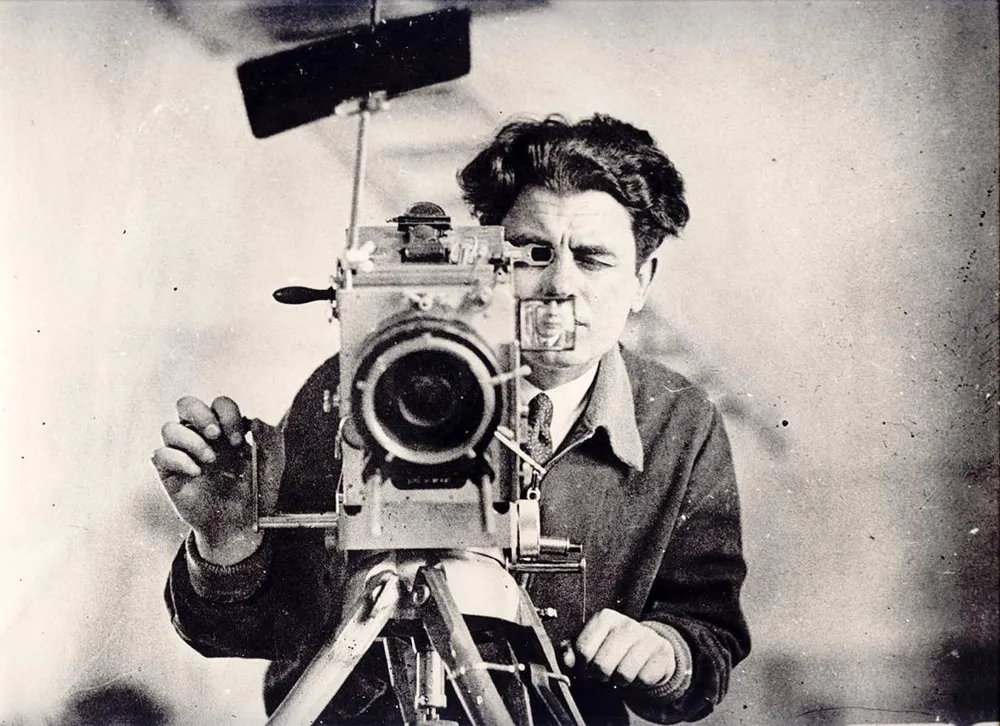






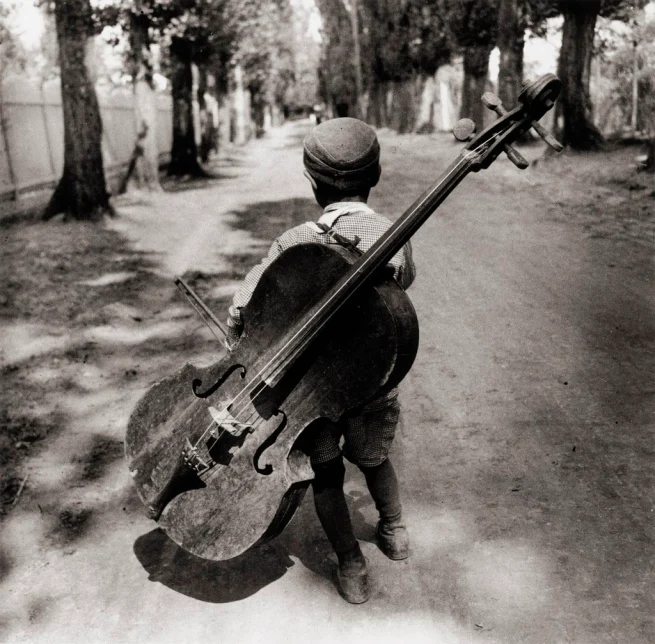




















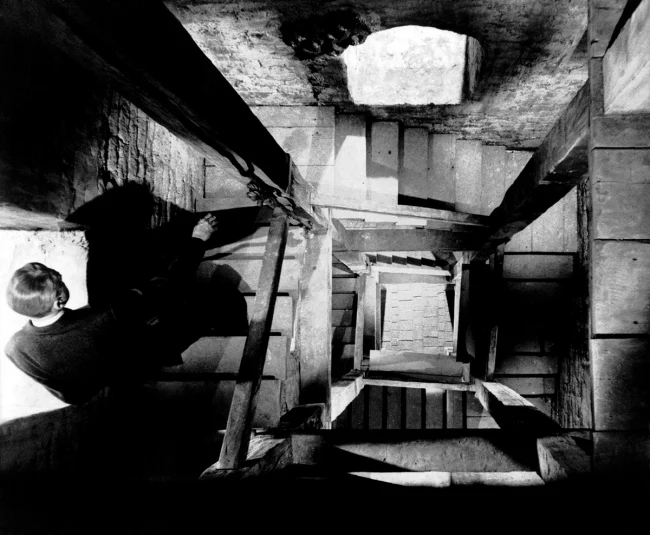
















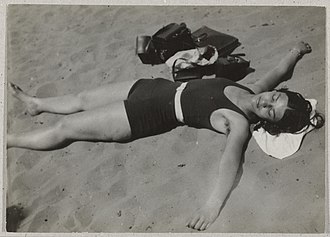



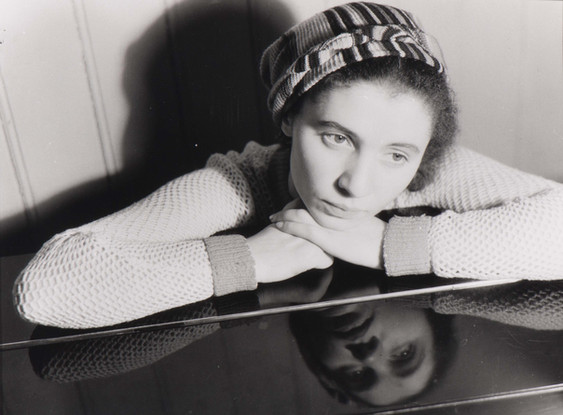






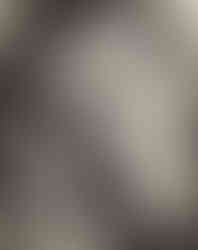


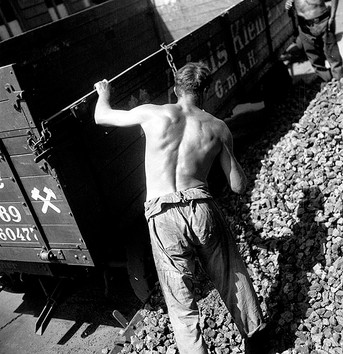
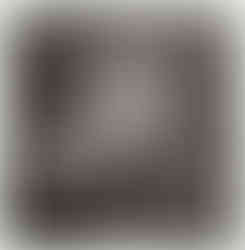





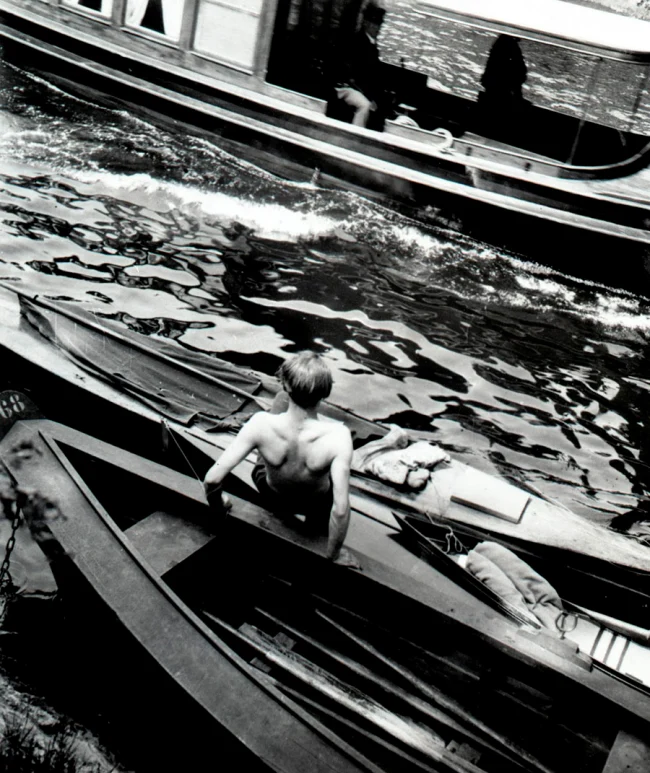
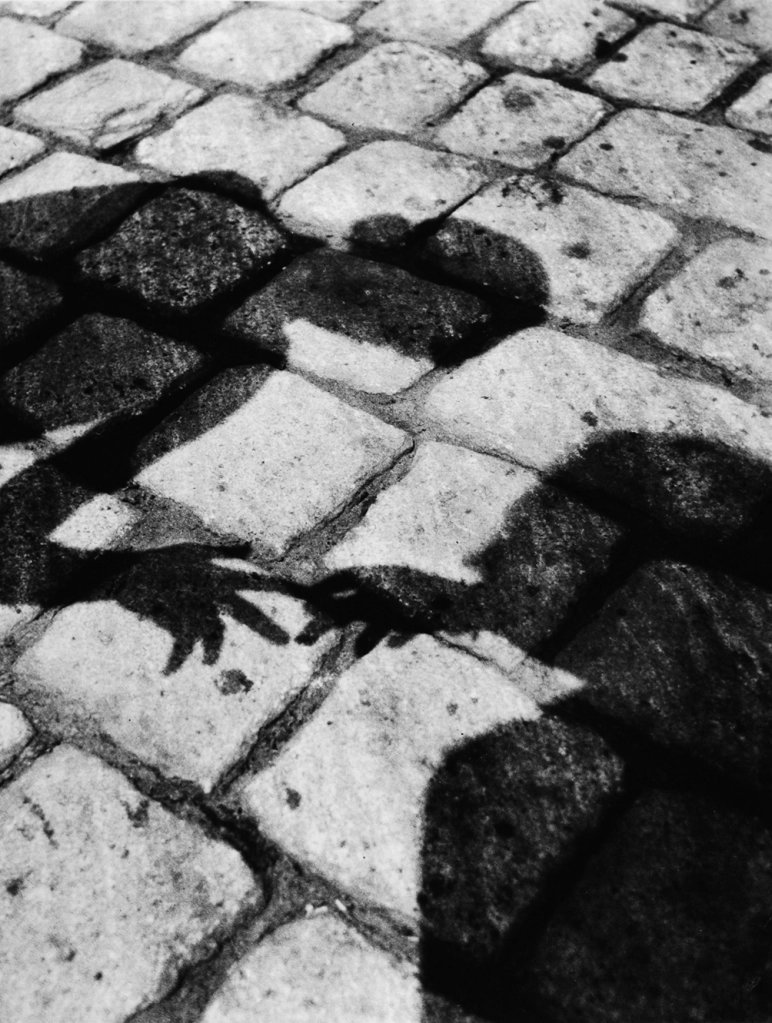
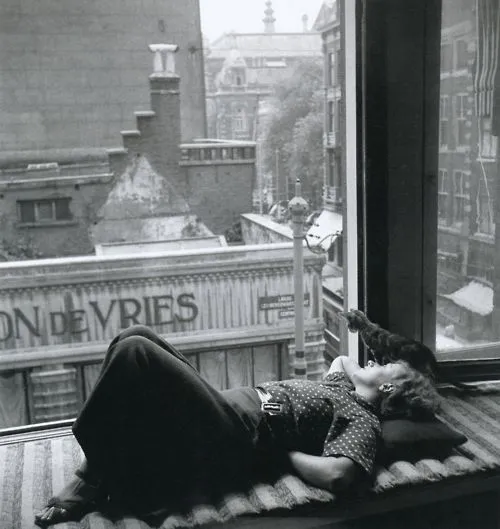


























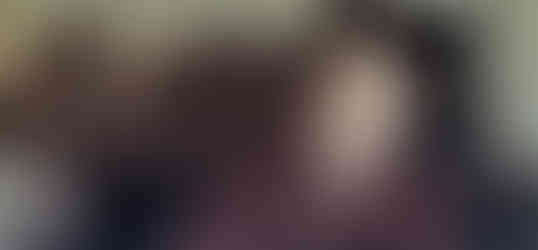








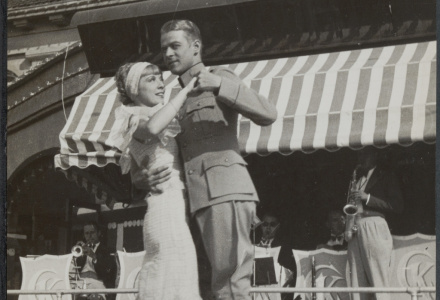


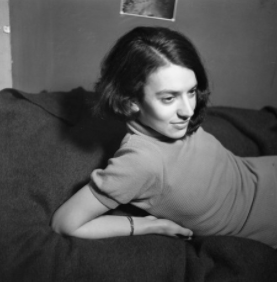



Comments